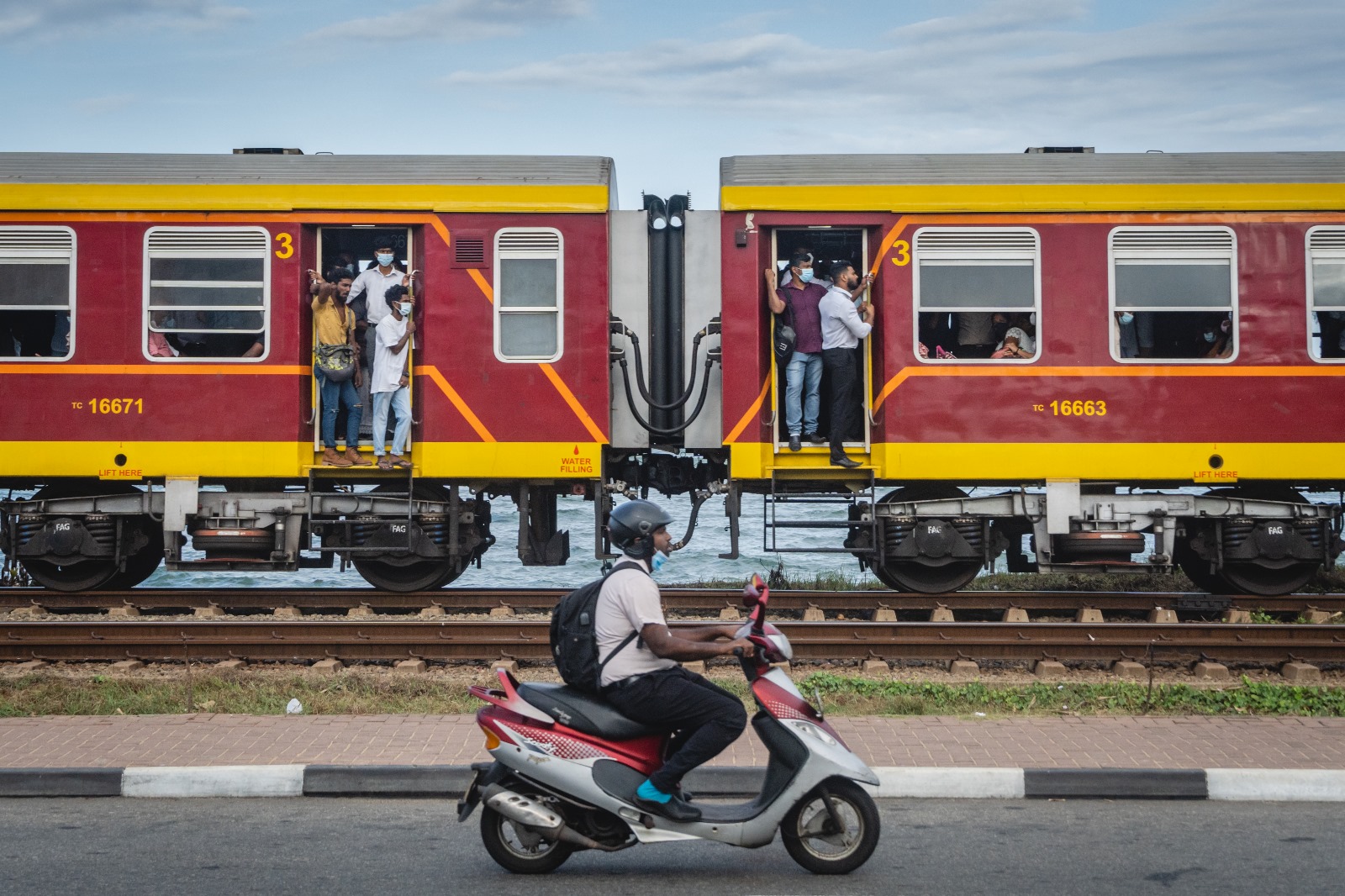In response to a debilitating national economic crisis in 2022, there was high social and political volatility in Sri Lanka. Mass street protests ensued in the capital city Colombo and had support from areas outside the city and among the diaspora. A notable characteristic of these protests was the prominent and leadership role of youth in these protests, especially women and activists. Understanding the youth demographic, its aspirations, and unemployment is important for policymakers and civil society movements alike.
Various state mechanisms to engage youth in decision making have been proposed or implemented, such as the establishment of the Sri Lanka Youth Parliament (SLYP), the proposed but stalled youth quota for local and national elections, and enrolling over 500 youth representatives to participate in the proceedings of the 17 Sectoral Oversight Committees of the parliament. These measures, even if implemented fully, are questionably placed in their ability to gauge the nature and extent of youth concerns and dissatisfactions, and what they feel might assure them of being part of a system that assures social mobility. Moreover, persistent and entrenched corruption, lack of accountability, and the country’s economic mismanagement increases generational gap between the youth and the older generations and heightens youth alienation.
This study, through a series of district-level focus group discussions around the country, will identify and analyse trends in youth attitudes on Sri Lanka’s current socio-political context, governance, the economic crisis, and corruption, among other issues.
Image Copyright (c) 2023 Nazly Ahmed and made available under an Attribution-Noncommercial-Share Alike 2.0 license


